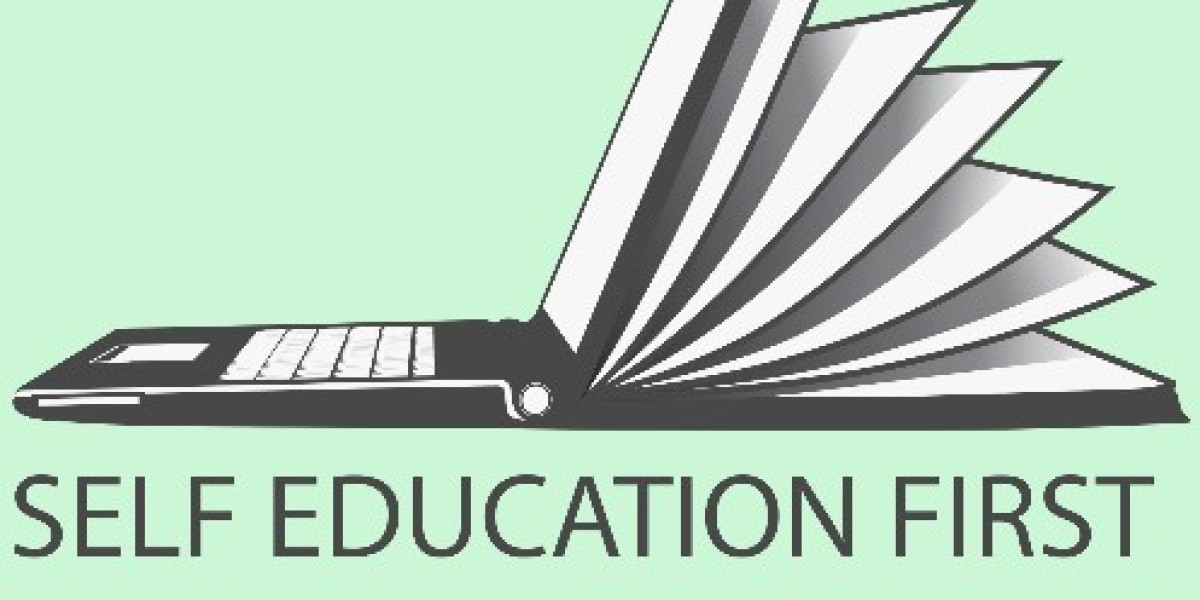In an era where formal credentials often dominate the literary world, the rise of the self-educated author presents a refreshing and potent alternative. Consider the work of Ron Patterson—a writer whose learning has been self-driven, whose worldview has been built piece by piece, and whose books challenge us to think beyond traditional boundaries.
Self-Education as Empowerment
Self-education—learning outside of institutional classrooms or formal certification programs—has long attracted those with curiosity, initiative, and a willingness to explore on their own. For an author, this path can yield several unique advantages:
Intellectual freedom: Without the constraints of a prescribed curriculum, the self‐educated author can follow topics wherever they lead.
Interdisciplinary breadth: By engaging with multiple fields—science, philosophy, sociology—rather than staying strictly within one academic lane, an author can bring fresh synthesis to deeply entrenched ideas.
Authentic voice and journey: The process of self‐learning itself becomes part of the narrative. Readers sense the author’s voyage of discovery, and that authenticity often resonates.
Challenge to orthodoxy: Because they are less bound by institutional norms or academic dogma, self‐educated authors often feel more free to question mainstream assumptions and open new dialogues.
Ron Patterson embodies many of these traits. According to his own press materials, he describes himself as having been a self-taught engineer with a certification in electronics training, and thereafter reading widely in astronomy, geology, paleontology, psychology, anthropology and other science-related topics as part of his quest to interrogate life’s larger questions. 24-7pressrelease.com+1
Who Is Ron Patterson?
While he may not carry a string of advanced academic degrees, Ron Patterson brings a deep inquisitiveness and a willingness to challenge conventions. On his website, he states:
“His unique perspective blends personal insight, social critique, and deep reflection, making his work resonate with anyone who has ever felt that ‘something just doesn’t add up.’” Ron Patterson
His background in the Bible Belt, combined with a tension between inherited belief systems and his own emerging skepticism, laid the groundwork for his books. He writes about how his reading and reasoning led him from atheism toward deistic perspectives, from accepting dogma to questioning it. 24-7pressrelease.com+1
Key Works and Themes
Let’s look at some of Patterson’s books and the themes that emerge.
Blind to the Blatantly Obvious – On his site, this is described as “more than just a book—it’s a call to awareness. With sharp insights and fearless honesty, Ron unmasks the patterns and influences that most of us choose to ignore.” Ron Patterson+1
The Soul Survives and Religion Lies – Released in 2023, this book introduces Patterson’s belief system and explores scientific theories (Big Bang, supernova, etc.), comparing scientific reasoning and indoctrination. He uses his self‐taught scientific background to examine religion, culture, and belief. 24-7pressrelease.com
A Wider Choice – On his site titled “Other than the dogma of religion or the dogma of materialism,” this book invites readers to explore beyond conventional belief systems—again dramatically consistent with his self-education theme. A Wider Choice
Across these works, key themes repeat: belief vs. evidence; the nature of consciousness; culture and philosophy as moulders of worldview; the invitation to think critically. The self-educated author is positioned not as a pundit issuing decrees, but as a fellow inquirer inviting the reader along a path of discovery.
Why His Approach Matters
What is compelling about Patterson’s writing is that it exemplifies why self-education can yield strong authorship:
Relatability: Many readers themselves feel they were never fully taught “how to think,” but rather taught “what to believe.” A self-trained author who has gone through that same journey becomes a guide.
Synthesis of disciplines: Patterson doesn’t only focus on theology or only on science; his reading spans multiple domains, enabling him to draw connections between geology, paleontology, psychology, religion—and present them to readers who might not normally see those intersections.
Challenge to comfort zones: The books are not comfortable reaffirmations; they prompt you to ask, “What have I accepted without my own reasoning?” That kind of writing has potential to shift perspectives.
Democratization of thought: When authors who come from outside traditional academic pedigrees write seriously, it suggests to others that rich thought and meaningful writing are not exclusive to institutional insiders.
How Readers Can Engage and Benefit
For readers, exploring the work of a self‐educated author like Patterson can be particularly enriching. Here are some suggestions:
Read with pen and paper: Because much of his writing invites questioning your own beliefs, take notes: what do you believe now, and why? What assumptions are you making?
Cross‐reference topics: If a chapter mentions geology, paleontology, or philosophy, pause and look up additional resources elsewhere. The self-educated author often provides a launched idea rather than full academic coverage.
Join discussion groups: Books that challenge worldview work well when you can talk them through. A congregation of curious readers can help deepen the impact.
Write your own reflection: One of the strengths of self-education is check-in: what did you learn from this? How has your view shifted?
Be patient with nuance: Because the author spans multiple disciplines, some passages may assume a base level of familiarity (or push you toward looking things up). Rather than be frustrated, treat it as part of your own learning journey.
Potential Critiques and Considerations
No approach is without caveats. For the self-educated author:
Depth vs breadth: Covering many disciplines is exciting, but some readers may find that certain topics aren’t explored as deeply as in a specialist academic text.
Authority and credentials: Some readers may be skeptical if an author lacks formal credentials. The key here: does the author engage sincerely, provide evidence, and invite further exploration? Patterson appears to do so.
Bias and perspective: Every author has a perspective; when an author is self-taught, the personal journey often becomes more visible. That’s neither bad nor good—it just means readers should be aware of the lens through which the author writes.
Reader readiness: Some of Patterson’s topics (philosophy of consciousness, materialism, epistemology) might challenge readers without much background. But that also means the reward can be greater if you lean in.
Final Thoughts
In spotlighting Ron Patterson, we see a vivid example of how self-education can yield profound contributions to literature and thought. His willingness to question, his broad reading across disciplines, his personal journey of belief and skepticism—all anchor his writing in authenticity. For readers who themselves feel the tension between belief and evidence, tradition and innovation, his books offer an invitation: not to accept blindly, but to think, ask, explore.
If you’re curious about exploring his books, I’d recommend starting with Blind to the Blatantly Obvious—it’s foundational—and then moving into The Soul Survives and Religion Lies, which dives into more specific comparisons of religion and science. As you read, keep in mind the self-educated nature of the author: you’re engaging with someone who has been learning, questioning, and building anew. The verdict: that path can be yours too.








